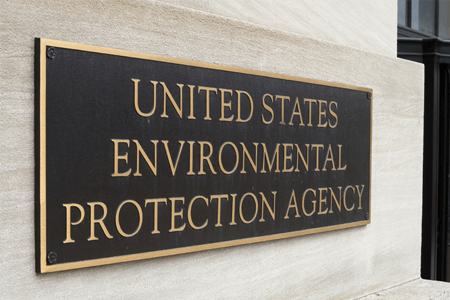WASHINGTON (November 24, 2020) – With the release of the final risk evaluation for trichloroethylene (TCE), the Environmental Protection Agency (EPA) has not gone far enough in invalidating the purported risk of fetal cardiac defects (FCDs), which is not supported by the vast majority of available research. The agency continues to reference and validate a 2003 study about FCDs, which its own advisory panel largely rejected earlier in the year due to scientific flaws in how it was conducted and results that have not been replicated in subsequent studies.
The new evaluation, released by the Office of Chemical Safety and Pollution Prevention (OCSPP) this week was conducted under the Toxic Substances Control Act (TSCA), as amended by Congress in 2016. TCE was one of the first 10 substances to be evaluated under the amended TSCA.
A draft of the TSCA risk evaluation was released in February 2020 and peer reviewed in a virtual meeting the following month by EPA’s Science Advisory Committee on Chemicals (SACC), a group of independent scientists selected by the agency to review the draft risk evaluations. At that meeting, the majority of SACC members criticized Johnson et al. (2003), the controversial research study linking FCDs in laboratory rats with exposure to TCE. Numerous SACC members called the Johnson study an outlier, not scientifically sound, and not fit to be included or referenced in the final risk evaluation.
The decision not to use cardiac defects as a basis of EPA’s risk determination for TCE was supported by the SACC. In its report to EPA on the TCE draft, the SACC echoed the concerns about the positive cardiac data that had been previously identified, including concerns about past use by EPA of reports of cardiac defects raised by a single laboratory whose work has since been called into question by three superior-quality studies that failed to corroborate the FCD response.
Consequently, the SACC cautioned the agency against characterizing the risks of cardiac defects due to the considerable uncertainty about the end point. Despite this caution, EPA included the unreliable FCD-based toxicity value for future consideration of sensitive subpopulations. In effect, by maintaining the FCD-based toxicity value in the final risk evaluation, EPA has contradicted its previous decision to reject this endpoint as a basis for regulatory decision making.
Furthermore, ACC disagrees with the risk evaluation’s characterization of Johnson’s data quality as “medium” since numerous SACC members questioned and criticized the structure and process of the study. At the same time, the agency seemingly dismissed the findings from the 2019 Charles River Study, which could not replicate the Johnson study’s FCD conclusions despite the agency repeatedly stating that it was “a well-conducted study.”
We appreciate the fact that the EPA followed the SACC’s advice and did not use Johnson’s endpoint in its final evaluation, but we remain disappointed that the agency continues to reference the study.
